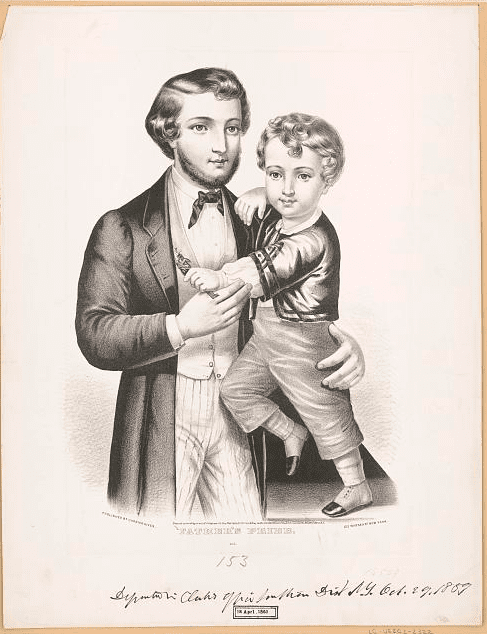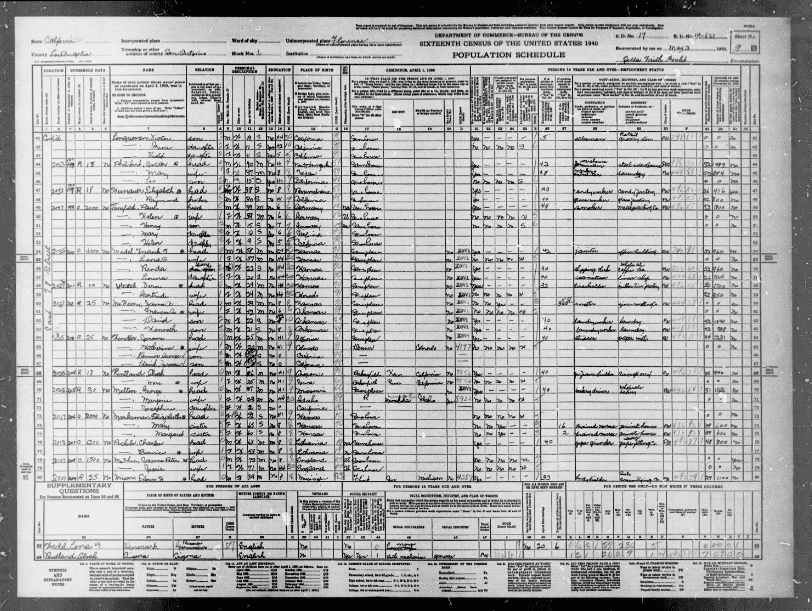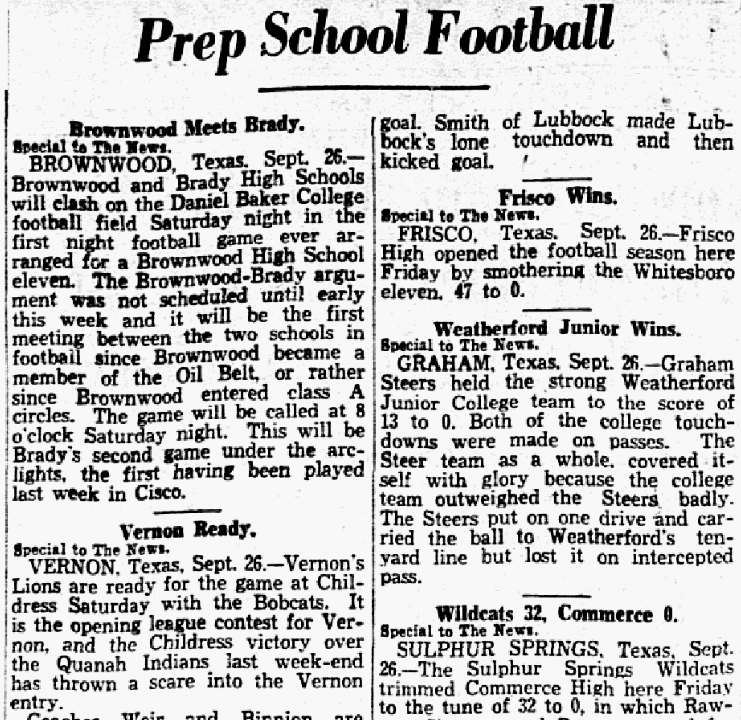Introduction: In this article – to celebrate Father’s Day – Gena Philibert-Ortega writes about various records you can use to tell the story of your father’s life. Gena is a genealogist and author of the book “From the Family Kitchen.”
Sometimes we get so caught up in researching our long-deceased ancestors that we don’t consider filling in the details of the life stories of our most recent ancestors, those we’ve actually known. Like many family historians, I often wish I had asked my grandparents questions about their lives, or to tell me the stories behind family heirlooms that they eventually passed down while they were still alive.
Father’s Day is a great time to take a moment and document dad (or grandpa). Have you considered what gaps exist in your research? Do you have records documenting his life? If you’re not sure, here are a few to consider.

Birth Records
Do you have your dad’s birth certificate? You may think there’s no reason to obtain a document for a person that is so recent (or who is still alive), but the birth certificate can help you document him for future generations, allows you to be thorough with your research, provides the opportunity to address anything that isn’t correct, and could be needed if you are trying to join a lineage society.
If your dad or grandpa is still alive, you may need their help obtaining their birth certificate, especially if you have to order it from a government entity. Because of privacy restrictions, it’s possible that you may not be allowed a copy, or that without an authorized party it will be an informational copy, with some information redacted (blacked out).
U.S. Census
For those researching a dad born after 1940, you will be unable to find him in the census because of privacy restrictions. The most current census available to us is the 1940 U.S. Census, and that enumeration will include those who were alive prior to 1 April 1940. If he is in the 1940 census, make sure you understand everything the census asked. The enumerator instructions are available on the U.S. Census Bureau website. You can search the census on GenealogyBank to find census records like this one:

Marriage Records
“Marriage Records” is such a vague description for all the possible records that can document a marriage. A marriage license and a marriage certificate are two of the most likely modern possibilities for researching your dad, though other possibilities also exist. When my dad was married in Arizona, he had to get my grandmother’s consent because he was a year too young, according to state laws. So, I would want to see if I could not only locate my parents’ marriage license and certificate, but also the applicable consent form.
Military Records
Did your dad serve in the military? Make sure to order his military records to learn more about his service. Also, don’t forget that if he served during war time, searching in GenealogyBank’s Historical Newspaper Archives can help you add information to the story of his military service.
My dad served during the Vietnam War, and in the last decade he made sure to order his DD214 (Certificate of Release or Discharge from Active Duty) and gave copies to my brother and me. This form provided us information about his service, rank, training, and medals he received.
Occupation Records
Where did your dad work? My dad and his dad and his dad all worked for the railroad. I often take for granted that my kids just know this, but I realize that I need to take some time to gather records of their forefathers’ time on the railroad and augment that with the photos we have, maps of where they worked, and other historical information. Documenting his work life should include locating home sources such as employment papers and awards to add to his story.
Newspapers
I’m leaving the best for last. All of the records I’ve mentioned above are great and important – but old newspapers, such as GenealogyBank’s Historical Newspaper Archives, provide additional rich information that records alone don’t offer, as well as reporting important events that have long been forgotten.
For example, if you have your parents’ marriage records, search for engagement or marriage announcements in the newspaper. These are great because they can provide additional information to the facts provided in a record, such as guests who attended, what the bride wore, and even where the couple was planning to honeymoon. They may also include a new-to-you photo.
We forget that our parents and grandparents lived full lives before we came along, and historical newspapers prove that. You could find everything from articles about dad’s scholastic career (was dad on the football team?), entrance into the military (small town newspapers report on young men who have left to serve their country), or even information about his career.

Celebrate Dad by Writing His Story
You’ve spent time tracing your family back generations; now take some time to work on dad’s story. Find the records, add historical newspapers and images, and write about him so that your children and grandchildren can learn about their ancestor. Are you a dad? Take some time to write your own story. Your descendants will be glad you did.
Happy Father’s Day!
Related Articles:
